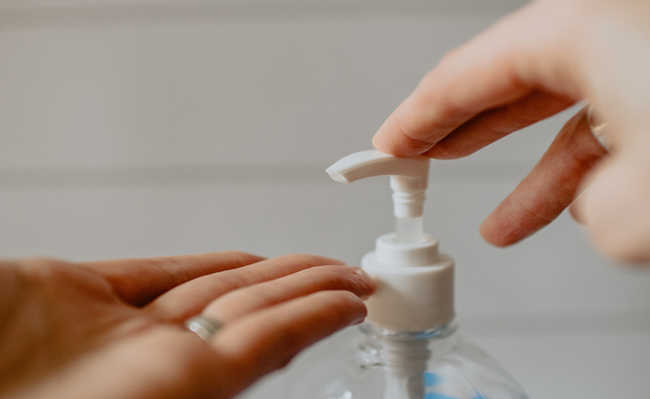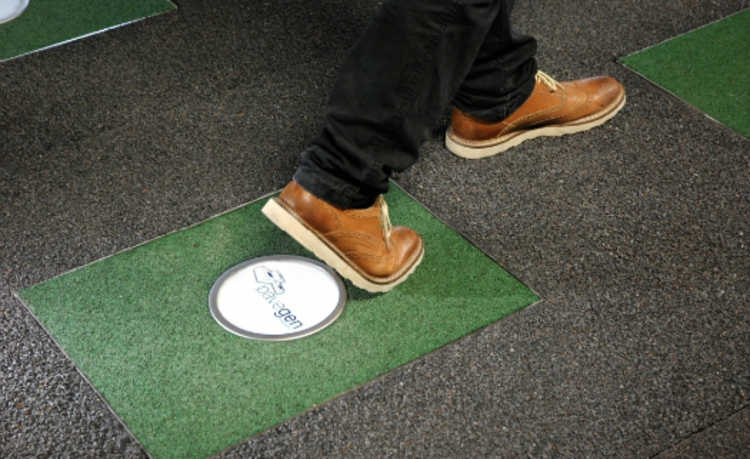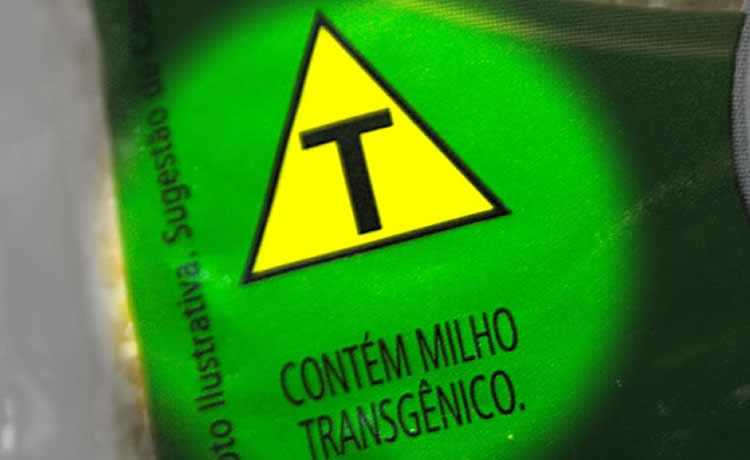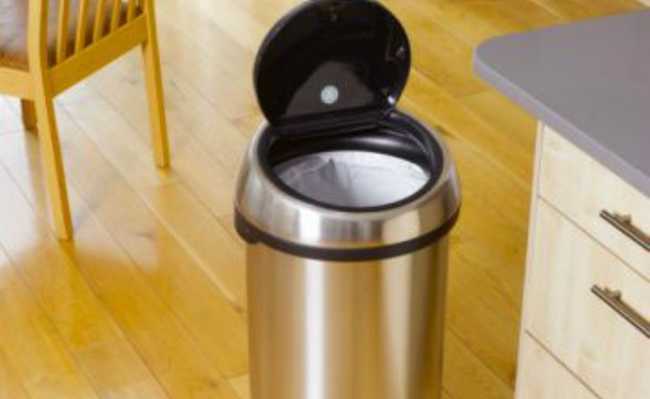What is an antiseptic?
An antiseptic is a substance that stops or slows down the growth of microorganisms.

Edited and resized image by Kelly Sikkema is available on Unsplash
An antiseptic is a substance that stops or slows down the growth of microorganisms. It is often used in hospitals and other medical settings to reduce the risk of infection during surgery and other procedures.
- Germs: understand what they are and know how to prevent
If you've ever seen any type of surgery, you've probably seen the surgeon rubbing his hands and arms with an orange substance. This is a type of antiseptic.
Different types of antiseptics are used in medical settings. This includes rubbing your hands, washing your hands and preparing your skin. Some are also available without a prescription for home use.
What is the difference between an antiseptic and a disinfectant?
Antiseptics and disinfectants kill microorganisms, and many people use the terms interchangeably. But there is a big difference between antiseptic and disinfectant.
The antiseptic is designed to be applied to the body, while the disinfectant is for non-living surfaces such as countertops and handrails. In a surgical setting, for example, a doctor will apply an antiseptic to the surgical site on a person's body and use a disinfectant to sterilize the operating table.
- What is hydrogen peroxide for?
Antiseptics and disinfectants contain chemical agents that are sometimes called biocides. Hydrogen peroxide (hydrogen peroxide) is an example of a common ingredient in antiseptics and disinfectants. However, the antiseptic generally contains lower concentrations of biocides than the disinfectant.
How the antiseptic is used
The antiseptic has a variety of uses, both inside and outside the hospital environment. In the home and hospital environment it is applied to the skin or mucous membranes.
Specific antiseptic uses include:
- Wash hands. Health professionals use antiseptics to sanitize their hands;
- Mucosal disinfection. Antiseptic can be applied to the urethra, bladder or vagina to clean the area before inserting a catheter. It can also help treat an infection in these areas;
- Cleaning the skin before an operation. The antiseptic is applied to the skin before any type of surgery to protect against any harmful micro-organisms;
- Treatment of skin infections. You can buy over-the-counter antiseptic to reduce the risk of infection from minor cuts, burns, and wounds;
- Treatment of infections in the throat and mouth. Some throat lozenges contain antiseptics to help with sore throats due to a bacterial infection.
- 18 Home Style Sore Throat Remedies
Types of antiseptics
Antiseptic is generally classified by its chemical structure. All types disinfect the skin, but some have additional uses.
Common types with varied uses include:
- Chlorhexidine and other biguanides: They are used on open wounds and for bladder irrigation.
- Antibacterial dye: Helps treat wounds and burns.
- Peroxide and permanganate: These are often used in antiseptic mouthwashes and on open wounds.
- Halogenated Phenol Derivative: It is used in medical grade soaps and cleaning solutions.
Are antiseptics safe?
Some strong antiseptics can cause chemical burns or severe irritation if applied to the skin without being diluted with water. Even diluted antiseptics can cause irritation if left on the skin for long periods of time. This type of irritation is called contact dermatitis.
If you are using an antiseptic at home, do not use it for more than a week at a time.
Avoid using antiseptic for more serious wounds, such as:
- eye injuries
- human or animal bites
- deep or big wounds
- severe burns
- Wounds that contain foreign objects
All of these are best handled by a doctor, doctor or nurses. You should also seek medical help if you are treating a wound with antiseptic and it does not appear to be healing.










